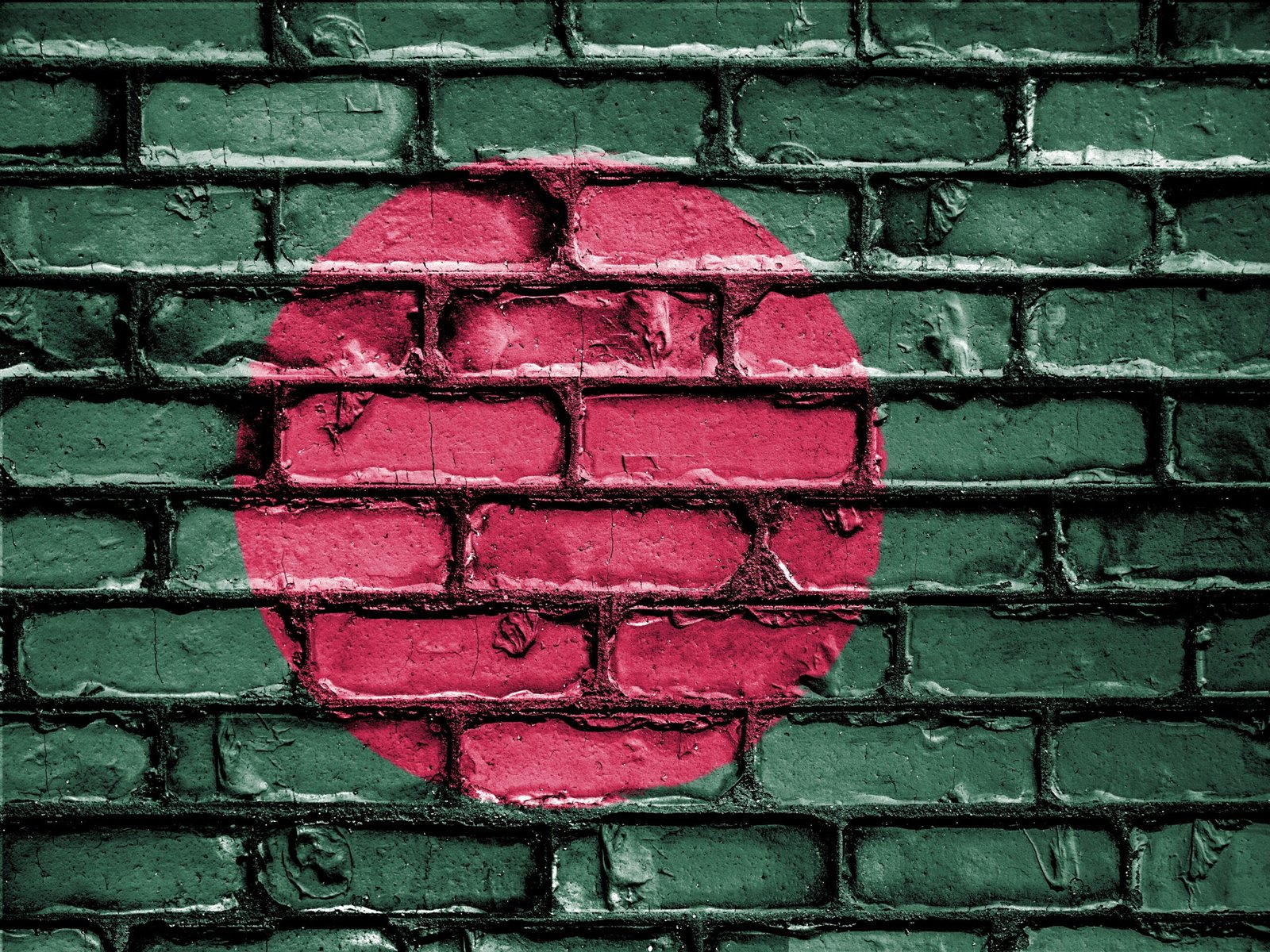Introduction:
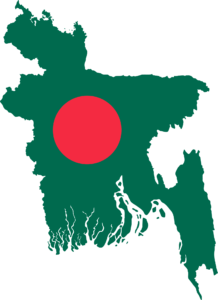
The Independence Day of Bangladesh stands as a testament to the indomitable spirit of a nation, a beacon of hope, and a celebration of freedom. On this auspicious occasion, it’s imperative to delve into the rich tapestry of history that led to the birth of this sovereign state. From the tumultuous struggles against oppression to the triumphant emergence as an independent nation, the story of Bangladesh’s independence is one of courage, sacrifice, and resilience.
Chapter 1: Prelude to Independence
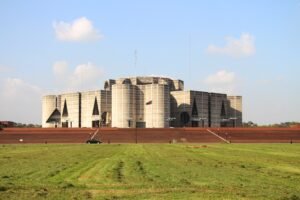
The journey towards independence for Bangladesh commenced long before its official declaration in 1971. The seeds of discontent were sown during the colonial era when the Indian subcontinent was under British rule. The partition of India in 1947 further deepened the socio-political divide, leading to the creation of East Pakistan, which later became Bangladesh.
Chapter 2: Language Movement – The Voice of Resistance
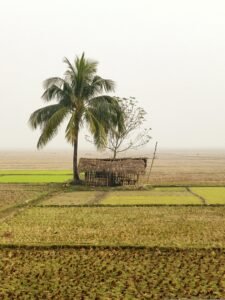
One of the pivotal chapters in the quest for independence was the Language Movement of 1952. The imposition of Urdu as the sole official language ignited widespread protests in East Pakistan, culminating in the tragic events of February 21st, also known as Shaheed Dibas (Martyrs’ Day). The sacrifices made by the language martyrs galvanized the Bengali populace and fueled the flames of resistance against cultural hegemony.
Chapter 3: The Birth of Awami League and the Six Point Movement

Amidst mounting discontent, the Awami League emerged as the vanguard of the Bengali nationalist movement under the leadership of Sheikh Mujibur Rahman. The Six Point Movement, spearheaded by Mujib, articulated the demands for autonomy and economic rights for East Pakistan. However, the ruling establishment’s refusal to concede to these demands only intensified the agitation for independence.
Chapter 4: Brutal Suppression and the Road to Liberation
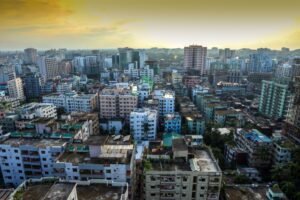
The years leading up to 1971 were marked by escalating tensions between East and West Pakistan. The military crackdown on the night of March 25, 1971, unleashed a reign of terror, plunging Bangladesh into darkness. The systematic atrocities perpetrated by the Pakistani army, including mass killings, rape, and arson, only served to strengthen the resolve of the Bengali people to break free from the shackles of oppression.
Chapter 5: Declaration of Independence and Liberation War

On March 26, 1971, amidst the echoes of gunfire and the cries of liberation, Bangladesh proclaimed its independence. Sheikh Mujibur Rahman’s historic declaration at Dhaka’s Race Course Maidan ignited the flames of resistance across the nation. The subsequent nine-month-long Liberation War saw ordinary men and women turning into valiant freedom fighters, determined to reclaim their dignity and sovereignty.
Chapter 6: International Support and Solidarity
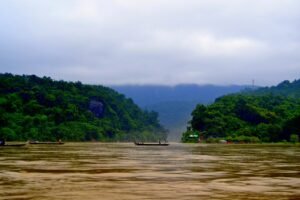
The struggle for Bangladesh’s independence resonated not only within its borders but also reverberated across the globe. Nations worldwide rallied behind the cause of the Bengali people, condemning the atrocities committed by the Pakistani military junta. The unwavering support from countries like India, whose armed forces intervened on behalf of Bangladesh, proved instrumental in turning the tide of the war.
Chapter 7: Victory Day – Triumph of the Human Spirit

The euphoria of victory enveloped Bangladesh on December 16, 1971, as the Pakistani forces surrendered unconditionally, paving the way for the birth of a new nation. Victory Day symbolizes the triumph of the human spirit over tyranny, the resilience of a people determined to chart their own destiny, and the sacrifices made in the pursuit of freedom.
Chapter 8: Building a Nation
With independence secured, Bangladesh embarked on the arduous task of nation-building. The reconstruction efforts encompassed rebuilding infrastructure, fostering national unity, and establishing democratic institutions. Despite facing numerous challenges, including political turmoil, natural disasters, and socio-economic disparities, Bangladesh has made significant strides in its journey towards progress and development.
Chapter 9: Legacy of Independence
As Bangladesh commemorates its Independence Day year after year, it serves as a poignant reminder of the sacrifices made by countless individuals for the sake of freedom. The legacy of independence inspires future generations to cherish and uphold the values of democracy, equality, and social justice. It underscores the importance of vigilance in safeguarding the hard-won liberties and nurturing the spirit of unity amidst diversity.
Conclusion:
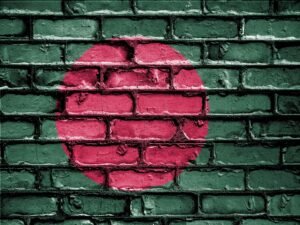
The Independence Day of Bangladesh is not merely a date on the calendar; it is a testament to the resilience of a nation, the courage of its people, and the power of their collective aspirations. As Bangladesh marches forward into the future, let us remember the sacrifices of the past and strive to build a society where freedom reigns supreme, and every individual can realize their fullest potential.


